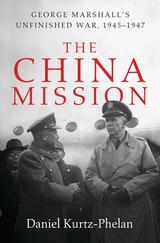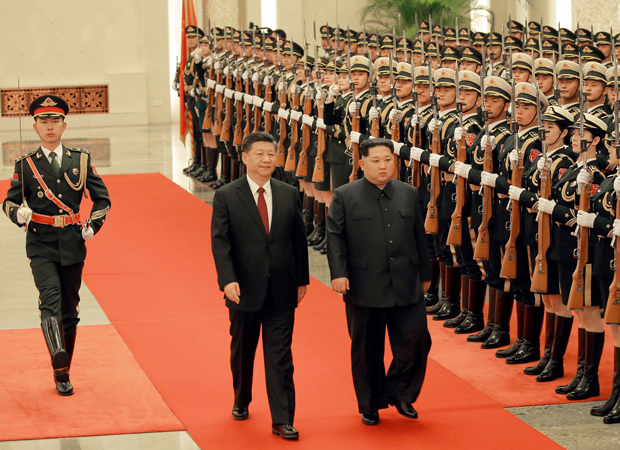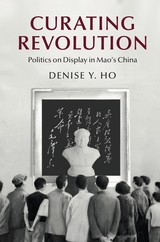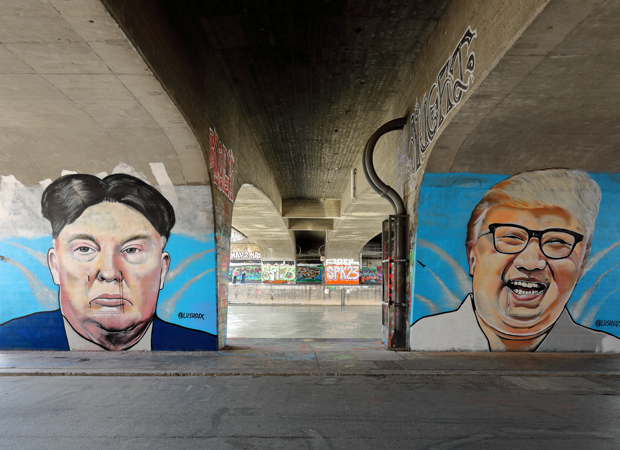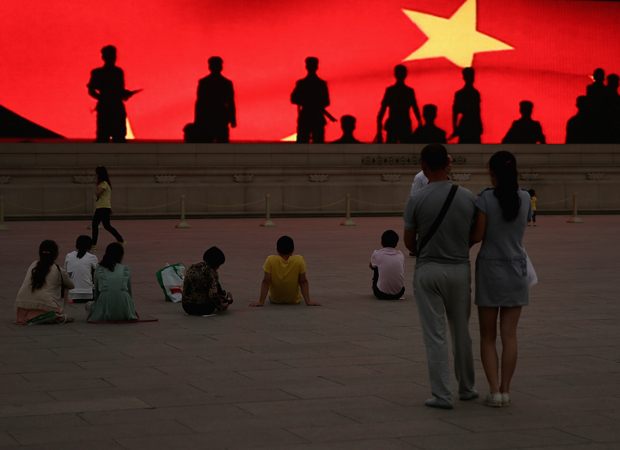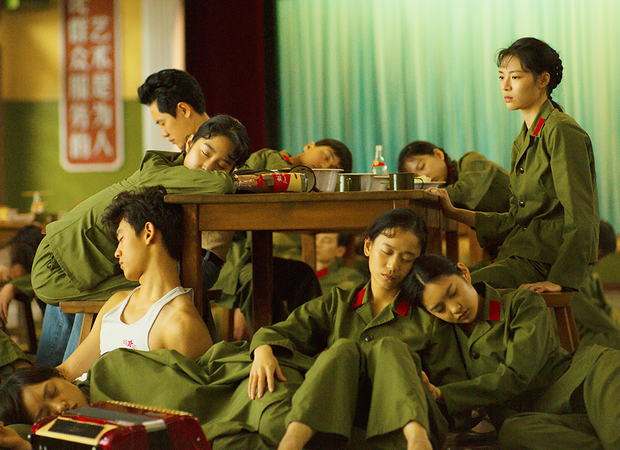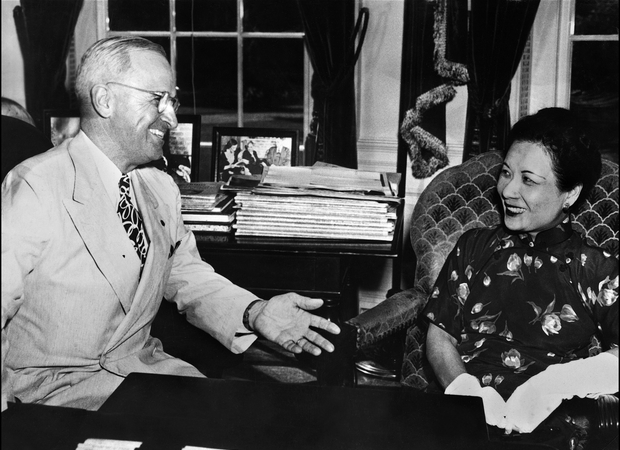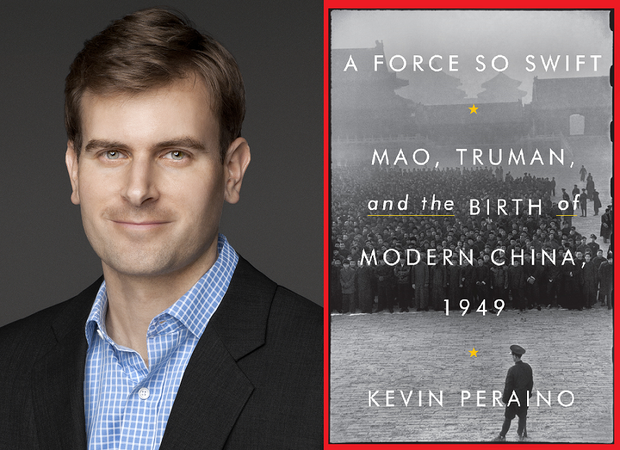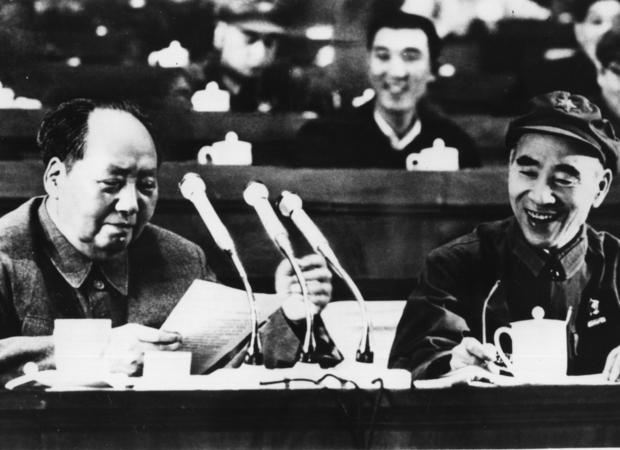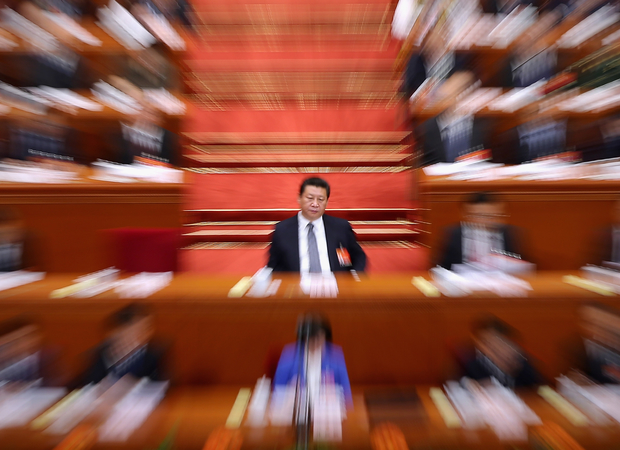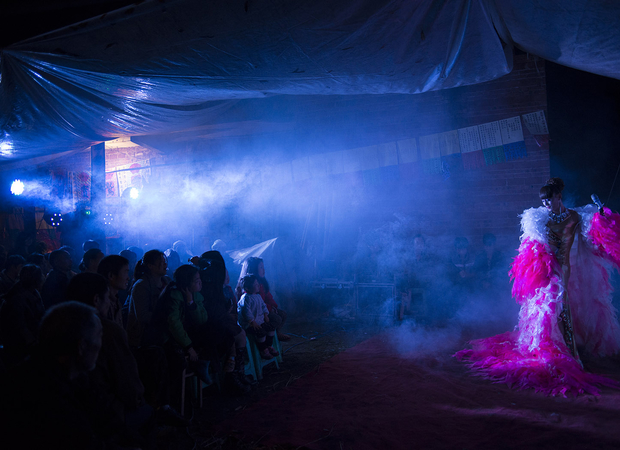China Guards Its Historical Heroes with New Law
As President Xi Jinping entrenches Communist Party rule, new law mandates ‘all of society’ honor its heroes and martyrs.
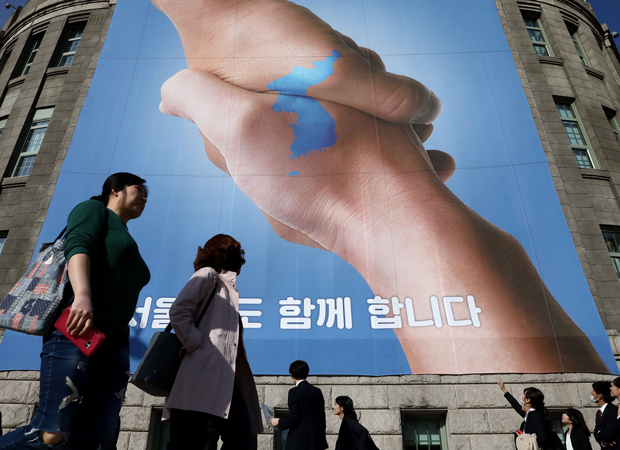
Does China Want the Koreas to Reconcile?
This Friday, April 27, the South Korean and North Korean leaders will meet in the demilitarized zone dividing their estranged countries to discuss improving relations and possibly even formally ending the Korean War, which has continued in the...
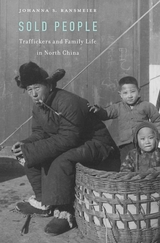
Sold People
Ransmeier draws from untapped archival sources to recreate the lived experience of human trafficking in turn-of-the-century North China. Not always a measure of last resort reserved for times of extreme hardship, the sale of people was a commonplace transaction that built and restructured families as often as it broke them apart.
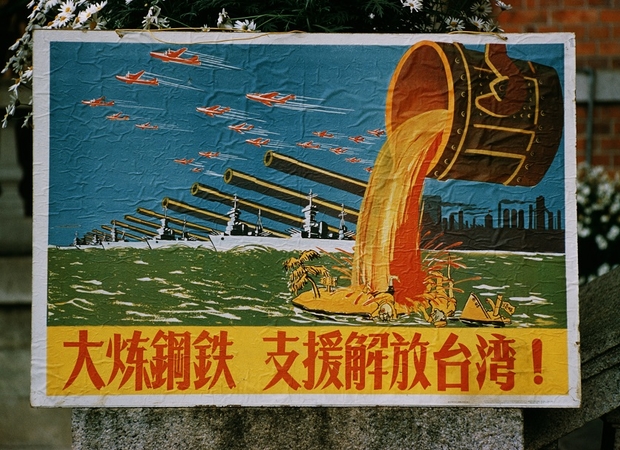
Trump’s Incredibly Risky Taiwan Policy
So-called friends of Taiwan in the United States are putting the island at risk as never before. The Taiwan Travel Act, passed unanimously by both houses of Congress, and signed by President Trump on March 16, 2018 without reservations, could...
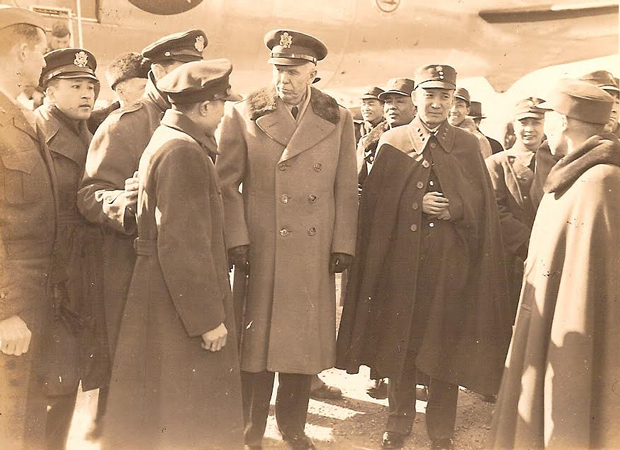
The U.S.-Made Chinese Future That Wasn’t
Soon, such a scene would become unthinkable. It was a cold morning in early March 1946, a rocky airstrip laid along a broad, barren valley in China’s northwest, lined by mountains of tawny dust blown from the Gobi Desert. Six months earlier, one...

Who Really Haunts Xi Jinping, Mao or Gorbachev?
Last week, the Chinese National People’s Congress removed Presidential and Vice-Presidential term limits, effectively allowing current President (and Chinese Communist Party General Secretary) Xi Jinping to stay in power beyond the two terms that...
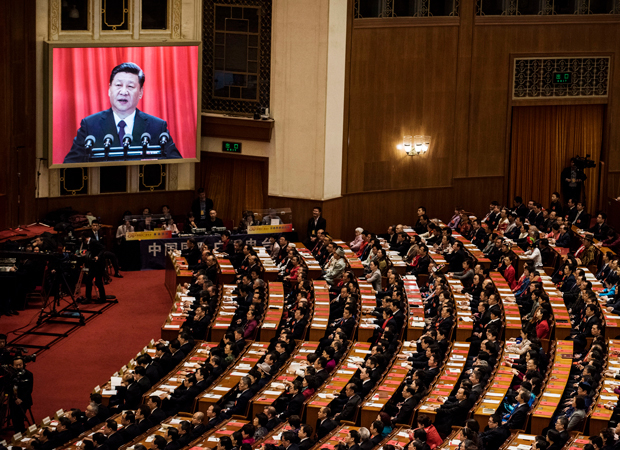
Chairman Xi, Chinese Idol
from New York Review of BooksFor nearly sixty years since it opened in 1959, the Great Hall of the People has been the public focus of Chinese politics, a monumental granite block that extends 1,200 feet along the west side of Tiananmen Square. It is where the country’s...
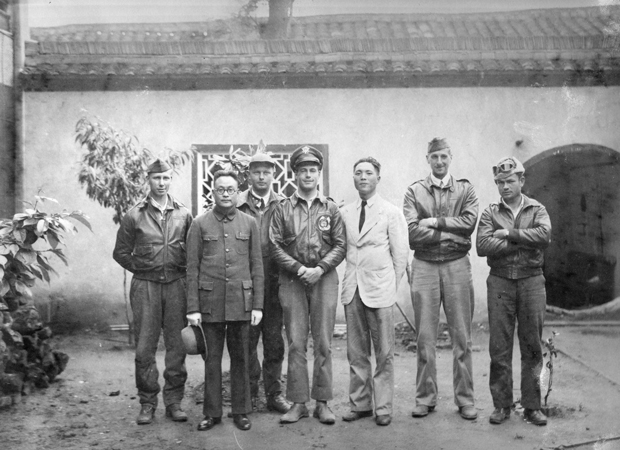
When American Pilots Fell out of the Chinese Sky
from Sinica PodcastThe distinctive shark-toothed fighter planes of the Flying Tigers streaked across the skies of China from 1941 to 1942, as American airmen racked up an impressive string of successes in defending China from Japanese forces. They are so...

End of an Era
Since the 1990s, Beijing’s leaders have firmly rejected any fundamental reform of their authoritarian one-party political system, even as a decades-long boom has reshaped China’s economy and society. On the surface, their efforts have been a success. Political turmoil has toppled former communist Eastern Bloc regimes, internal unrest overtaken Middle East nations, and populist movements risen to challenge established Western democracies. China, in contrast, has appeared a relative haven of stability and growth.
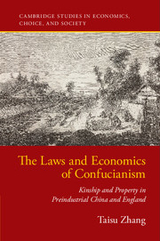
The Laws and Economics of Confucianism
Cambridge University Press: Tying together cultural history, legal history, and institutional economics, The Laws and Economics of Confucianism: Kinship and Property in Pre-Industrial China and England offers a novel argument as to why Chinese and English pre-industrial economic development went down different paths.
Terracotta Theft: Chinese Anger over Stolen Warrior Thumb
Chinese authorities have demanded “severe punishment” for a man who allegedly stole the thumb of a terracotta warrior statue on display in the US, Chinese state media report.
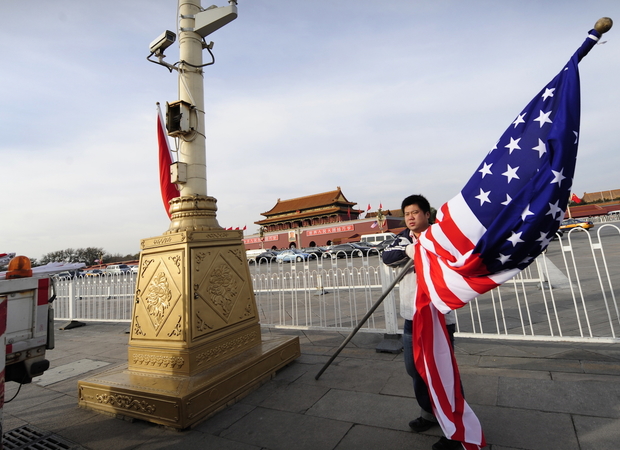
Is American Policy toward China Due for a ‘Reckoning’?
Former diplomats Kurt M. Campbell and Ely Ratner argue that United States policy toward China, in administrations of both parties, has relied in the past on a mistaken confidence in America’s ability to “mold China to the United States’ liking.”...
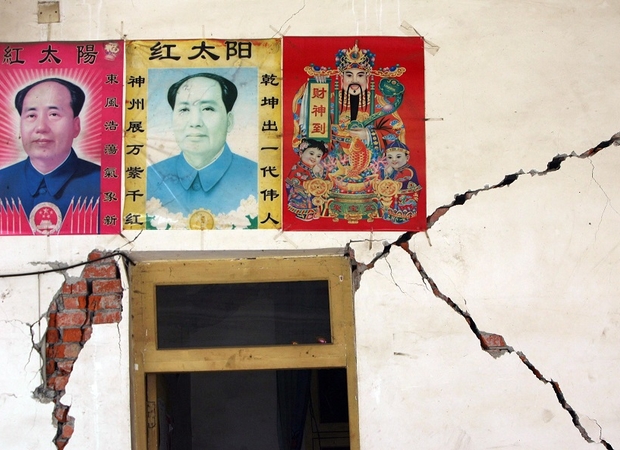
Who Killed More: Hitler, Stalin, or Mao?
from New York Review of BooksIn these pages nearly seven years ago, Timothy Snyder asked the provocative question: Who killed more, Hitler or Stalin? As useful as that exercise in moral rigor was, some think the question itself might have been slightly off. Instead, it...

A Most Immoral Woman: George E. Morrison's Life in Turn-of-the-Century China
My historical novel “A Most Immoral Woman” tells the story of Morrison’s passionate and unconventional affair with Mae Perkins, an independent and wealthy young American libertine, in 1904. It’s a tale that roams the landscape of a dynasty in...
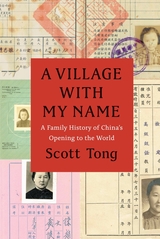
A Village with My Name
When journalist Scott Tong moved to Shanghai, his assignment was to start up the first full-time China bureau for Marketplace, the daily business and economics program on public radio stations across the United States. But for Tong, the move became much more—it offered the opportunity to reconnect with members of his extended family who had remained in China after his parents fled the communists six decades prior.
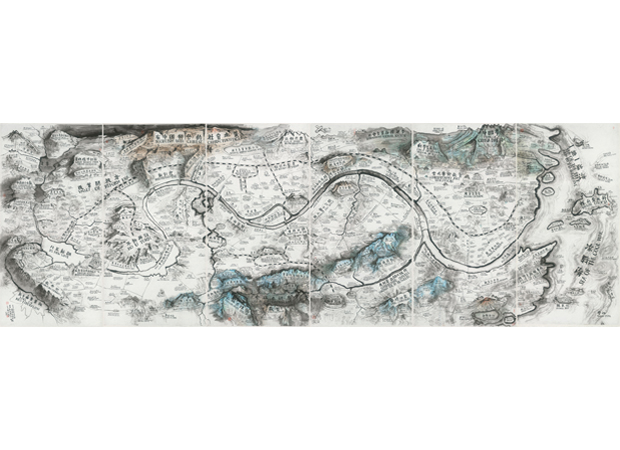
‘The Biggest Taboo’
from New York Review of BooksOne of China’s most influential artists is forty-eight-year-old Qiu Zhijie. A native of southern China’s Fujian province, Qiu studied art in the eastern city of Hangzhou before moving to Beijing in 1994 to pursue a career as a...
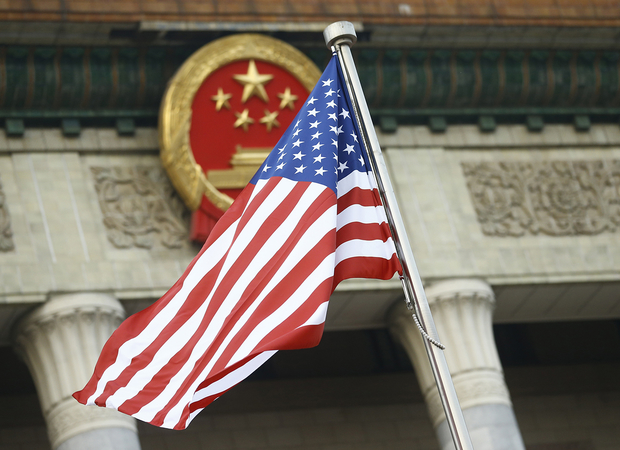
Trump’s National Security Strategy and China
On December 18, U.S. President Donald J. Trump announced the United States’ new national security strategy. He called China a “strategic competitor,” and, along with Russia, called it a “revisionist power.” Those two nations, Trump said, are...
China Marks Nanking Massacre's 80th Anniversary
Chinese officials struck a tempered tone on the 80th anniversary of the Nanking Massacre on Wednesday, saying China would “look forward” and deepen friendship with its neighbor Japan despite historical misgivings.
Worries Grow in Hong Kong as China Pushes Its Official Version of History in Schools
The new proposed curriculum for city schools is missing key parts of modern Chinese history, like Hong Kong’s 1967 pro-Communist riots against British rulers and the Tiananmen Square massacre of 1989, when Chinese troops killed hundreds of...
Scientists Discovered an Ancient Flying Reptile Eden in China
Scientists have unearthed a massive trove of fossilized eggs and remains in China—giving us a peek into the life and death of a giant flying creature that lived tens of millions of years ago.
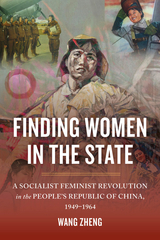
Finding Women in the State
Finding Women in the State is a provocative hidden history of socialist state feminists maneuvering behind the scenes at the core of the Chinese Communist Party. These women worked to advance gender and class equality in the early People’s Republic and fought to transform sexist norms and practices, all while facing fierce opposition from a male-dominated Chinese Communist Party leadership, from the local level to the central level. Wang Zheng extends this investigation to the cultural realm, showing how feminists within China’s film industry were working to actively create new cinematic heroines, and how they continued a New Culture anti-patriarchy heritage in socialist film production. This book illuminates not only the different visions of revolutionary transformation but also the dense entanglements among those in the top echelon of the Party. Wang discusses the causes for failure of China’s socialist revolution and raises fundamental questions about male dominance in social movements that aim to pursue social justice and equality. This is the first book engendering the People’s Republic of China high politics and has important theoretical and methodological implications for scholars and students working in gender studies as well as China studies.

What Does Mugabe’s Resignation Mean for China?
On November 15, soldiers placed the 93-year-old Robert Mugabe under house arrest. Mugabe had ruled Zimbabwe since the country gained independence in 1980. On November 21, he resigned after 37 years in power. China, Zimbabwe’s largest foreign...

China’s Art of Containment
On the evening of May 20, 1989, in response to weeks of mass demonstrations in Tiananmen Square, the Chinese government placed Beijing under martial law. The following morning, in Hong Kong, far to the south, Wen Wei Po, the main Communist-...
A Chinese Novelist Is Found in Translation
Xue Yiwei, who has been hailed as China’s “most charismatic literary stylist,” is virtually unknown among English-language readers.
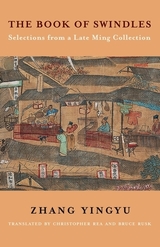
The Book of Swindles
This is an age of deception. Con men ply the roadways. Bogus alchemists pretend to turn one piece of silver into three. Devious nuns entice young women into adultery. Sorcerers use charmed talismans for mind control and murder. A pair of dubious monks extorts money from a powerful official and then spends it on whoring. A rich student tries to bribe the chief examiner, only to hand his money to an imposter. A eunuch kidnaps boys and consumes their “essence” in an attempt to regrow his penis.
The Diplomatic Dishes China Picked to Keep Donald Trump Happy at a State Banquet
Safety-first menu for big set piece dinner shows Beijing was taking no risks when hosting a man who is not known for his adventurous palate
While We Obsess over Trump, China Is Making History
While news and analysis in the United States continue to be obsessed with President Trump’s daily antics and insults, halfway around the world, something truly historic just happened

What’s the Takeaway from the 19th Party Congress?
The day after the Party Congress ended on October 24, Xi Jinping strode across the stage of the massive Great Hall of the People with the six newly announced members of the 19th Politburo Standing Committee, the body that rules China. What might...
China Enshrines ‘Xi Jinping Thought.’ What Does That Mean?
Restoring China to greatness is a central message of “Xi Jinping Thought,” and a goal that has already guided policies to build up the military.
China’s Party Congress Brings Crackdown on Critics, Nightclubs and Airbnb
President Xi Jinping is sending a stern message to China and the world: I am in charge, and nothing can stand in my way.

Could Xi Jinping Stay in Power After He Retires? Here’s How Deng Xiaoping Did It
It was the worst kept secret in Chinese politics. From 1978 until his death in 1997, Deng Xiaoping was Beijing’s ultimate decider, even though he never held any of the top official titles in this period: not general secretary of...
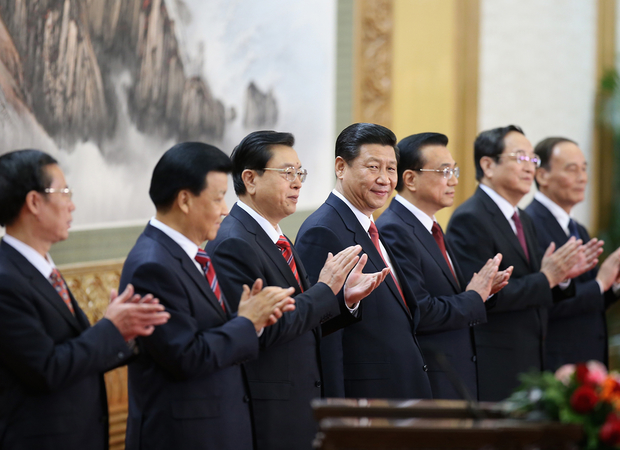
What to Watch at China’s Party Congress
The Chinese Communist Party’s 19th Party Congress, a hugely important political meeting usually held once every five years, will begin on October 18 in Beijing. Like many events involving China’s ruling party, the most important decisions and...
Asia's Longest-Serving Strongman Shows Power of China's Cash
A few decades ago, the U.S. and its allies could use financial leverage over aid-dependent Cambodia to nurture a democracy forged after Pol Pot’s genocide wiped out about a fifth of the population. But these days the biggest spender is China,...
How China and America Can Protect the World’s Antiquities
In 1971, a ping-pong match between the U.S. and Chinese national teams helped open relations between the two countries. Since then, people-to-people diplomacy has been a bright spot in otherwise tense interactions. But civil society engagement...
China's Path out of Poverty Can Never Be Repeated at Scale by a Country Again
Since China began its market reforms in the late 1970s, it has lifted more than 800 million people out of poverty, slashing the rate from nearly 90% in 1981 to under 2%, as measured by the World Bank’s latest spending benchmark.
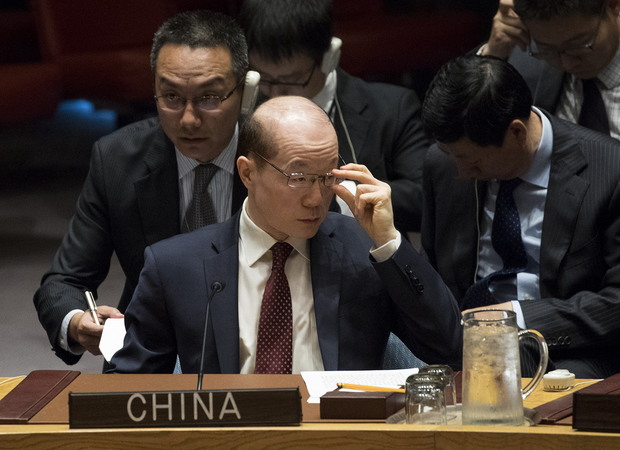
What Will China Do if the U.S. Attacks North Korea?
During a speech at the United Nations General Assembly on September 19, U.S. President Donald Trump warned...

Asia’s Reckoning: China, Japan, and the Fate of U.S. Power in the Pacific Century
The following is an edited transcript of a live event hosted at Asia Society in New York on September 7, 2017, and named for a new book by Richard McGregor, the former Beijing Bureau Chief of the Financial Times, “ChinaFile Presents...
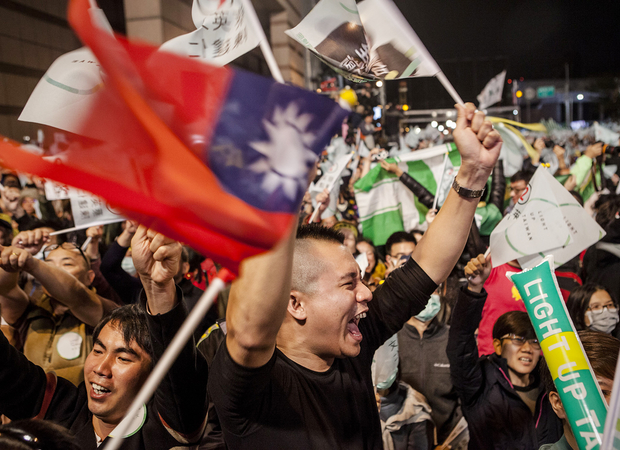
There Is Only One China, And There Is Only One Taiwan
One of Beijing’s least favorite people is Taiwan’s President Tsai Ing-wen, who won a landslide election victory 18 months ago on a platform calling for more separation from China—a coded way of rejecting one of the mainland’s most sacred...
China's New Campaign to Instill Official Historical Narrative in Xinjiang
Yu Zhengsheng, the party’s fourth-ranking official who is in charge of religion and ethnic minorities, presided at a high-level meeting in Beijing this week to address “several historical issues” regarding the restive region, Xinhua reported.
Chinese Landscapes at the Met: If Those Mountains Could Talk
“Streams and Mountains Without End: Landscape Traditions of China,” at the Metropolitan Museum of Art, features a collection reinstallation spiced with a few loans. But the Met’s China holdings are so broad and deep that some of the pictures here...
High Cost of China's Push for Unesco Heritage Sites
China is ranked second only to Italy in terms of number of world heritage sites. But it's come at a cost.
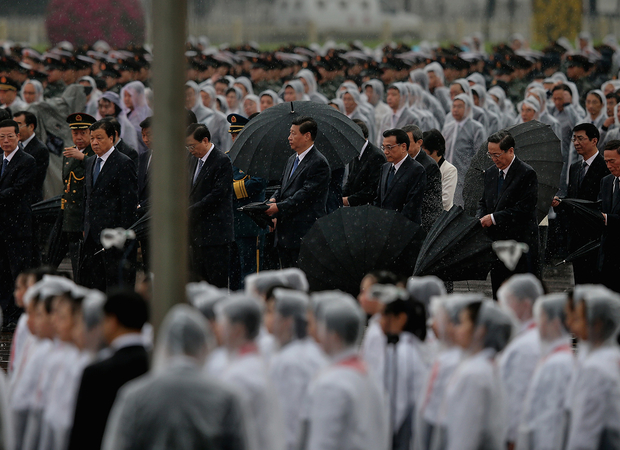
China’s Communist Party Is About to Meet. Here’s What You Should Know.
The Chinese Communist Party will hold its 19th Party Congress on October 18, marking the end of the first term of General Secretary Xi Jinping. In a leadership reshuffle, Xi is expected to promote allies to the Party’s key...

Beijing’s Bold New Censorship
from New York Review of BooksAuthoritarians, in China and elsewhere, normally have preferred to dress their authoritarianism up in pretty clothes. Lenin called the version of dictatorship he invented in 1921 “democratic centralism,” but it became clear,...
Young People in China Have Started a Fashion Movement Built around Nationalism and Racial Purity
The Han Clothing Movement, a youth-based grassroots nationalist movement built around China’s majority Han ethnic group, has emerged over the past 15 years in urban China. It imagines the numerically and culturally dominant Han—nearly 92% of...
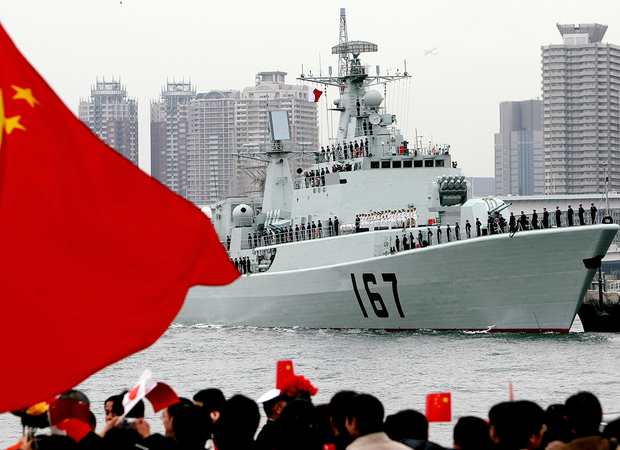
Is the United States Still the Predominant Power in the Pacific?
In late August, a U.S. destroyer collided with an oil tanker—the fourth such accident for the U.S. Navy in Asia since January....
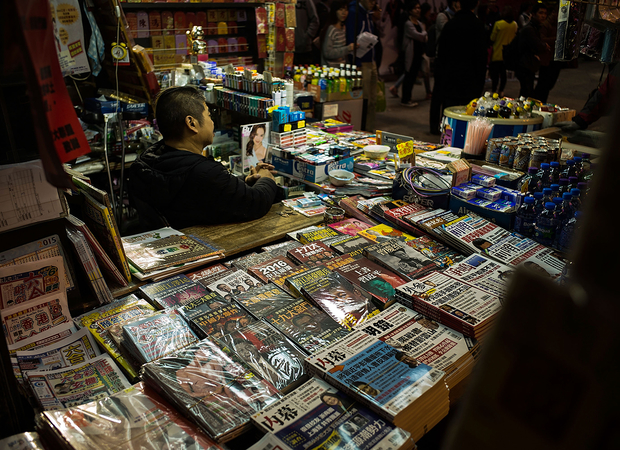
Burn the Books, Bury the Scholars!
Chinese censorship has come a long way. During his rule in the second century B.C.E., the First Emperor of a unified China, Ying Zheng, famously quashed the intellectual diversity of his day by ‘burning the books and burying the scholars’. He not...
China’s Global Ambitions: Are There Lessons to Be Learnt from Tibet?
The Harvard-educated lawyer’s message to Australia: “It happened to Tibet - you could be next.”




